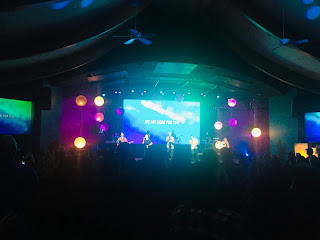God, creating living
creatures, from the smallest single-cell creature to human beings,
made them to multiply—to become colonies or organisms or herds or
families, and communities, tribes and nations. In the early days of
God reaching out to mankind, we see Him encouraging the people to
learn from Him how best to live together in harmony. Our history is a
continuing saga of people gathering and warring, cooperating and
attacking, loving, hating, and barely tolerating each other. We see
this in the political world today, where people find others they can
agree with and identify others that they don't trust. Even those who
believe in God have their differences in what this means—some
people develop their image of God in a very exclusive and specific
belief, others are willing to tolerate almost everyone, and
everything between. We even see God Himself in different ways, even
though the one common factor is that He is unique—but even the
uniqueness is defined differently.
I have had two experiences recently
that illustrate our need for community. On January first, a person
was found deceased in a house fire south of Winchester in Riverside
County, who appears to have been my kids' cousin. The house belongs
to my husband's sister, and her son had lived there and managed a
weekend swap meet on Winchester Road. He was one of 35 living
cousins, of whom 29 were at the memorial service last Saturday, some
of whom had come from long distances to be with the family. My
husband's family are from Lebanon, and there were folks there whom I
hadn't seen in some years, including cousins and inlaws and extended
family connections. While the occasion was unwelcome, I have learned
that the opportunity to connect with relatives and friends is of
great value.
The other is the Friday evening
fellowship event last night. It was a good opportunity to see people
that normally attend different services on Sundays, and also people
who may not have ever been to a service here or anywhere. The church
historically has always been called to gather in the Name of Jesus,
whether in large cathedrals, underground meeting places, villages and
cities from small to large, homes and storefronts and chapels, to
share and teach and encourage each other in the life we have chosen.



